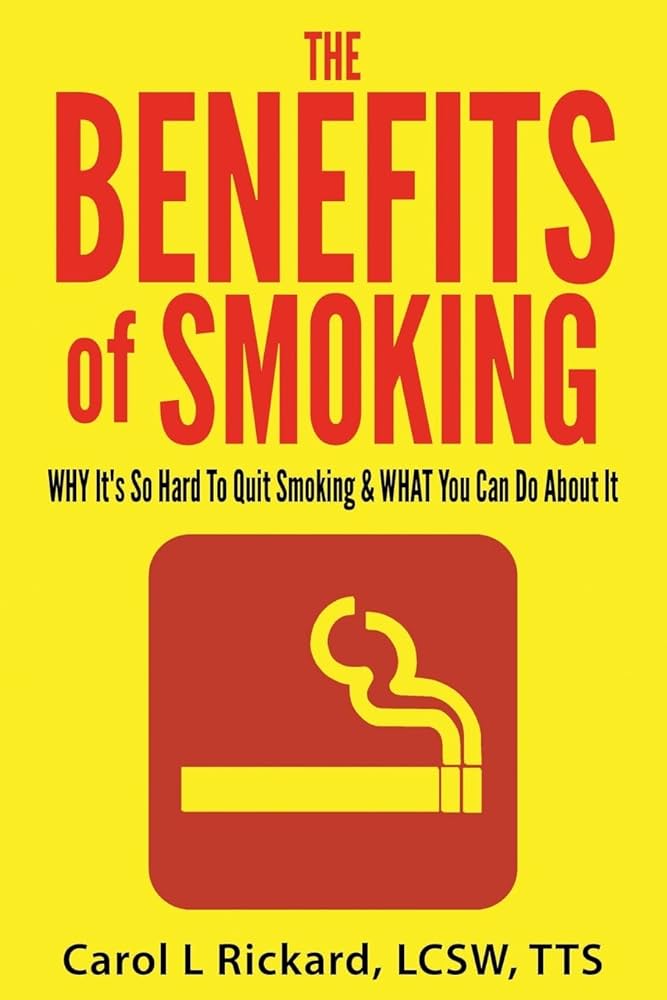The Benefits of Quitting Smoking
Smoking is a habit that has detrimental effects on both the smoker’s health and the health of those around them. Despite the well-known risks, many people continue to smoke. However, quitting smoking can lead to numerous benefits for both physical and mental well-being. In this article, we will explore the various advantages of quitting smoking and why it is a worthwhile endeavor.
Improved Overall Health
When you quit smoking, your body starts to repair itself almost immediately. One of the most significant benefits is improved lung function. Smoking damages the lungs and causes respiratory problems, but when you quit, your lungs begin to heal, leading to increased capacity and easier breathing.
Additionally, quitting smoking reduces the risk of developing various diseases. Smoking is a leading cause of lung cancer, heart disease, stroke, and chronic obstructive pulmonary disease (COPD). By quitting, you significantly lower your chances of developing these life-threatening conditions.
Enhanced Physical Fitness
Smoking negatively impacts your physical fitness and athletic performance. The chemicals in cigarettes reduce the amount of oxygen your muscles receive, making physical activity more challenging. When you quit smoking, your body recovers and becomes more efficient at delivering oxygen to your muscles, leading to improved stamina and endurance.
Moreover, quitting smoking can help with weight management. Many smokers fear gaining weight after quitting, but the reality is that smoking suppresses appetite and alters metabolism. When you quit, your appetite returns to normal, and you can focus on maintaining a healthy weight through a balanced diet and regular exercise.
Financial Savings
Smoking is an expensive habit that can drain your finances. By quitting, you not only improve your health but also save a significant amount of money. Consider the cost of cigarettes, lighters, and other smoking-related expenses. When you quit smoking, you can redirect those funds towards more meaningful and enjoyable activities, such as hobbies, travel, or saving for the future.
Improved Mental Well-being
Quitting smoking has positive effects on your mental health. Smoking is often associated with increased stress and anxiety levels. While smokers may feel a temporary sense of relief when smoking, the nicotine in cigarettes exacerbates stress in the long run. When you quit smoking, your stress levels decrease, and you can develop healthier coping mechanisms.
Furthermore, quitting smoking can boost your self-esteem and confidence. Overcoming an addiction demonstrates strength and willpower, which can have a positive impact on various aspects of your life. You will feel a sense of accomplishment and be proud of yourself for taking control of your health.
Improved Relationships
Smoking not only harms your health but can also strain your relationships. Secondhand smoke affects those around you, exposing them to harmful chemicals and increasing their risk of developing health issues. By quitting smoking, you protect your loved ones from the dangers of secondhand smoke and create a healthier environment for everyone.

Quitting smoking is a life-changing decision that brings numerous benefits. From improved overall health and physical fitness to financial savings and enhanced mental well-being, the advantages of quitting smoking are undeniable. Take control of your health and choose to quit smoking today. Your body, mind, and loved ones will thank you.
Frequently Asked Questions – Benefits of Smoking
1. Is smoking beneficial for health?
No, smoking is not beneficial for health. It is associated with various health risks and can lead to serious diseases like lung cancer, heart disease, and respiratory problems.
2. Can smoking improve my mental health?
No, smoking does not improve mental health. While some smokers may experience temporary stress relief, long-term smoking can worsen anxiety, depression, and other mental health conditions.
3. Are there any advantages of smoking for weight control?
Contrary to popular belief, smoking is not a healthy or effective way to control weight. Smoking can suppress appetite, but it also damages metabolism and overall health.
4. Does smoking have any positive effects on the skin?
No, smoking negatively affects the skin. It accelerates the aging process, causes wrinkles, and leads to dull and uneven skin tone. Smoking also increases the risk of skin cancer.
5. Can smoking improve athletic performance?
No, smoking hampers athletic performance by reducing lung capacity, decreasing oxygen supply to muscles, and impairing overall physical fitness. It is not beneficial for athletes.
6. Are there any benefits of smoking during pregnancy?
No, smoking during pregnancy is extremely harmful to both the mother and the baby. It increases the risk of miscarriage, premature birth, low birth weight, and various complications.
7. Does smoking have any positive effects on social interactions?
No, smoking does not have any positive effects on social interactions. Smoking can lead to social isolation as it is increasingly prohibited in public places and is considered a negative habit by many.
8. Can smoking help in reducing stress?
While some smokers may feel temporary stress relief due to nicotine, smoking is not a healthy or effective long-term solution for stress management. It can increase stress levels in the long run.
9. Are there any advantages of smoking for financial savings?
No, smoking is an expensive habit that can drain your finances. The cost of cigarettes, healthcare expenses, and potential loss of productivity due to smoking-related illnesses can outweigh any perceived savings.
10. Does smoking have any positive effects on life expectancy?
No, smoking significantly reduces life expectancy. It is a leading cause of preventable diseases and premature death. Quitting smoking can greatly improve life expectancy and overall health.




